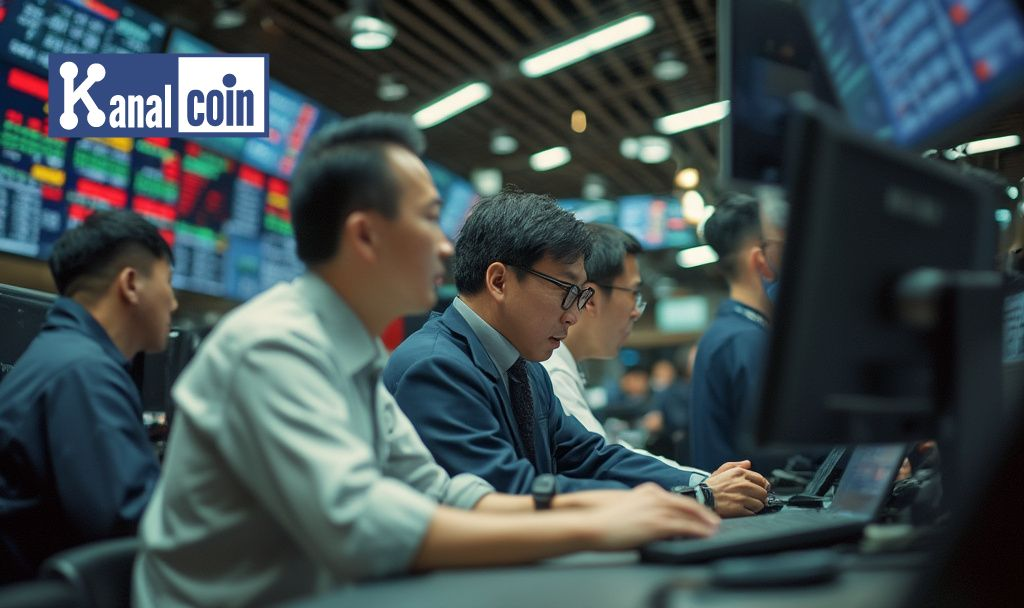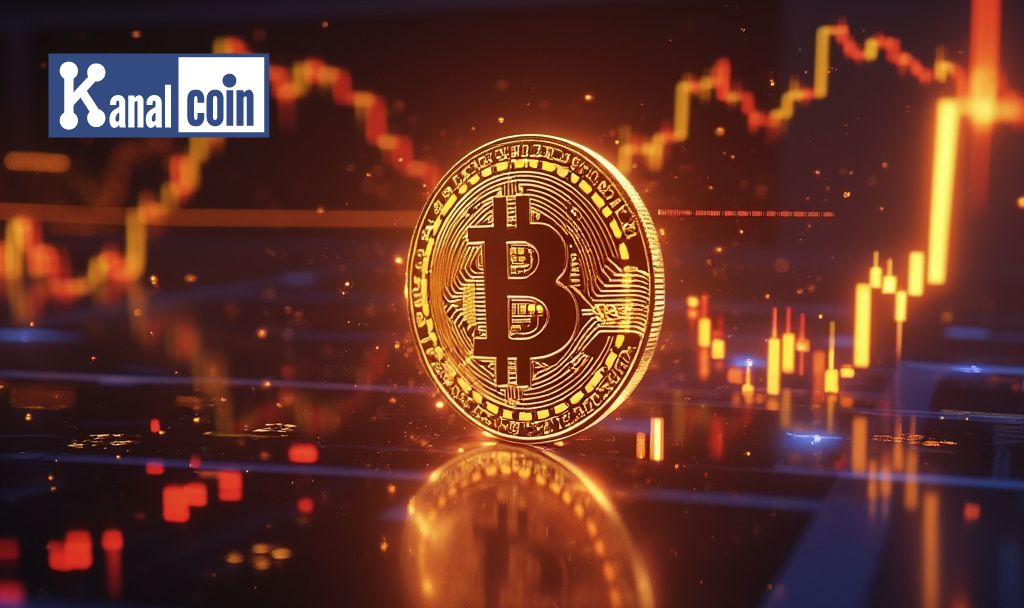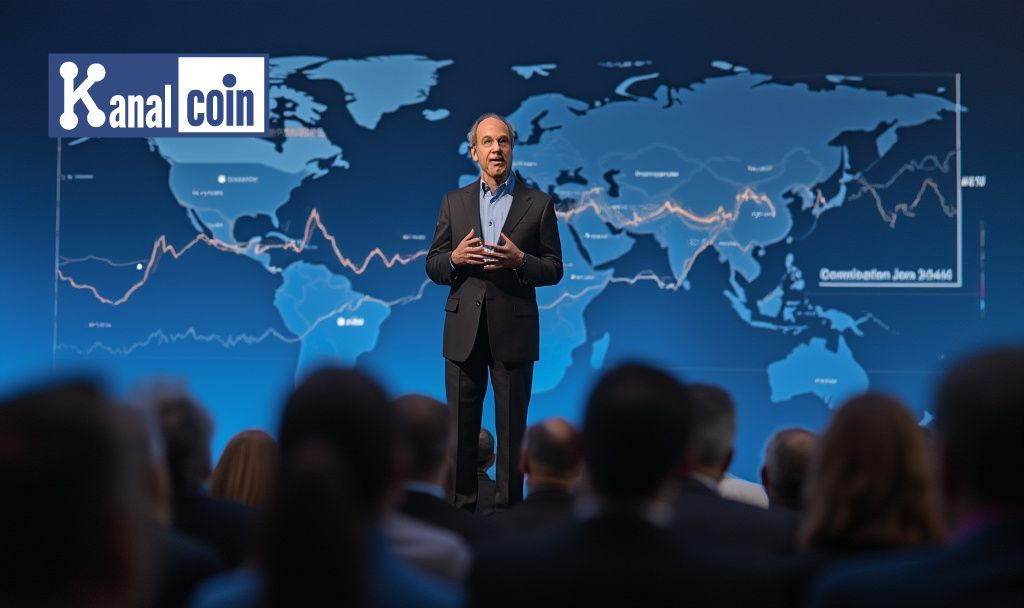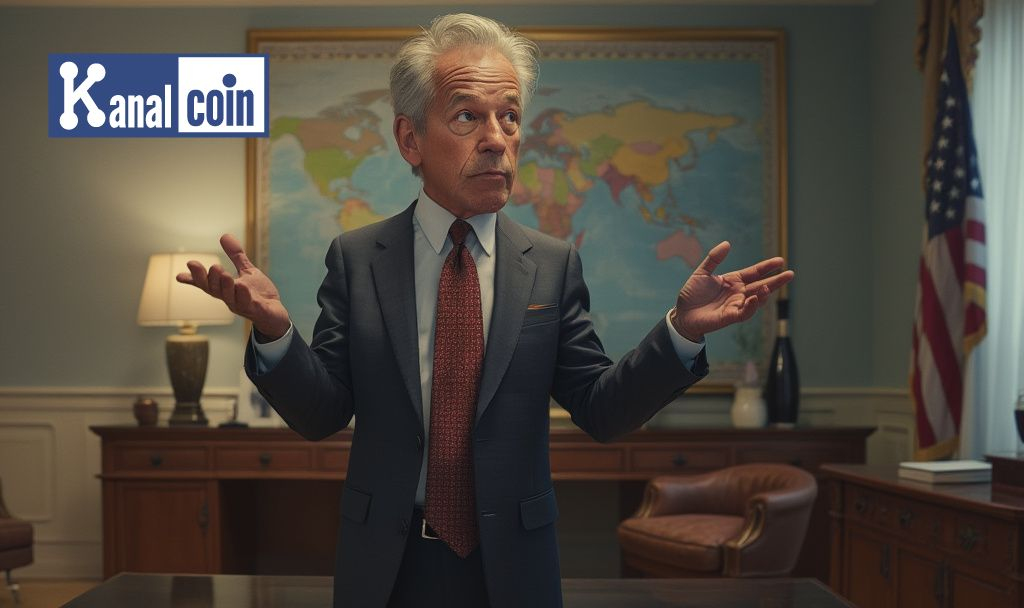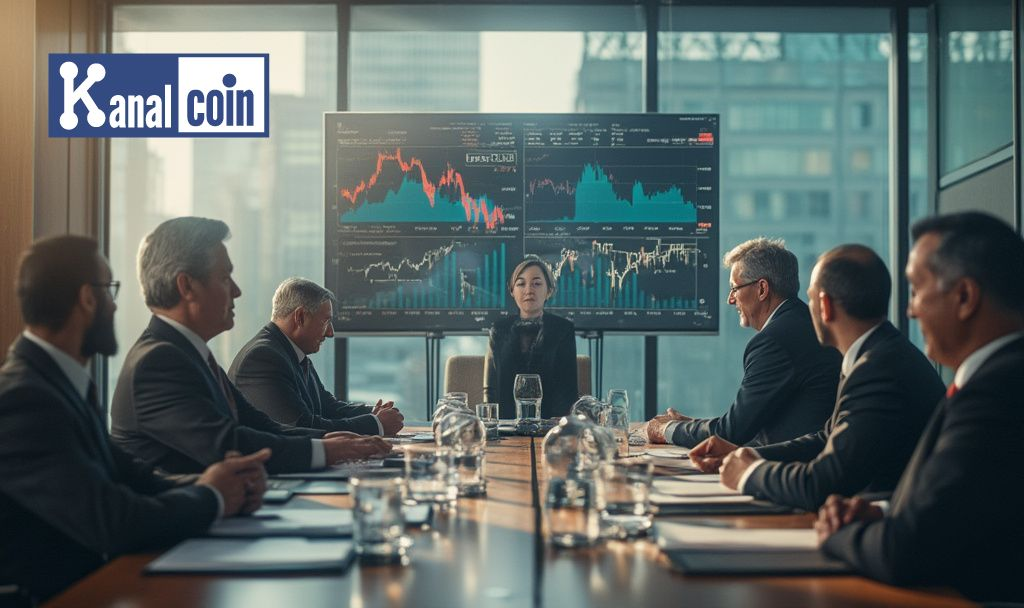
In a recent development, the UN has called on Peru to respect international law following the country’s approval of a controversial law regulating non-governmental organizations (NGOs), which occurred on October 15th in Lima.
The event signifies increasing international attention on Peru’s legislative changes and their potential impact. Concerns arise over the implications for civil rights and international cooperation, sparking reactions from global human rights groups and political observers.
Peru’s Congress Enacts Stringent NGO Financial Regulations
The Peruvian Congress passed legislation tightening controls on NGOs, requiring them to report financial activities transparently. This move has prompted a response from the United Nations, highlighting potential conflicts with international norms. The law mandates NGOs to adhere to strict financial reporting.
Volker Türk, High Commissioner for Human Rights at the UN, stated, “Volker Türk solicita al Gobierno peruano que respete sus obligaciones en virtud del derecho internacional y que proporcione y proteja un entorno propicio en el que la sociedad civil pueda desempeñar su papel esencial en la defensa de los derechos humanos.” source
The country’s leadership emphasizes the need for transparency and accountability, aiming to prevent foreign interference in domestic affairs. However, the measure has met resistance from both local and international human rights advocates concerned about possible restrictions on NGO operations.
Global Human Rights Groups Denounce Peru’s NGO Law
Initial reactions from global human rights organizations signal significant disapproval, citing potential hinderance of civil society operations. The decision might affect Peru’s relationships with international partners and foreign donors. This legislative move could influence foreign investments.
Analysts suggest the law may impact Peru’s economic landscape, particularly in sectors reliant on foreign funding or partnerships. They highlight historical correlations where increased regulations led to decreased NGO operations, thus affecting societal projects. Data shows similar regulations previously reduced NGO activity.
Historical Precedents Reveal Potential Civil Liberty Issues
Comparing to similar past occurrences, Peru’s NGO regulation echoes previous Latin American governmental actions. Increased oversight often led to curtailed civil liberties, suggesting potential ramifications. Historical evidence underscores how regulatory climates have stifled NGO growth.
Experts from Kanalcoin suggest potential outcomes include stricter operational environments for NGOs, altering the socio-economic balance. Historical trends indicate probable reductions in NGO influence, reshaping Peru’s engagement with international humanitarian initiatives.



